About the Author
Born in Croydon but brought up by his adopted parents in the Black Country town of Oldbury, Allan Ahlberg held jobs as a gravedigger, postman and plumbers mate before becoming a teacher. He taught for ten years before collaborating with his wife Janet on a series of much-loved, now classic childrens picture books.
Beginnings
Having a Baby, Collected Poems (2008).
The Clothes Horse
The Clothes Horse and Other Stories (1987).
Treading the Boilers
The Boyhood of Burglar Bill (2006).
Child Watching
Heard it in the Playground (1989).
Fear of Eggshells
The Boy Without a Name, Heard it in the Playground, extract (1989).
Seasons
The Mighty Slide, extract (1988).
Poor Old Soul
The Clothes Horse and Other Stories (1987).
Reading and Writing
The Bear Nobody Wanted (1992), 9.99.
Ends
In Friendly Matches (2001).
Allan Ahlberg
THE BUCKET
Memories of an Inattentive Childhood

WITH ILLUSTRATIONS BY
Janet Ahlberg
Fritz Wegner
Charlotte Voake
Jessica Ahlberg

PENGUIN BOOKS
UK | USA | Canada | Ireland | Australia
India | New Zealand | South Africa
Penguin Books is part of the Penguin Random House group of companies whose addresses can be found at global.penguinrandomhouse.com.

First published by Viking 2013
Published in Penguin Books 2014
Text copyright Allan Ahlberg, 2013
Original illustrations copyright Jessica Ahlberg, 2013
All rights reserved
The acknowledgements on constitute an extension of this copyright page
The moral right of the author has been asserted
Cover illustrations by Jessica Ahlberg
ISBN: 978-0-241-96904-5
This ebook is copyright material and must not be copied, reproduced, transferred, distributed, leased, licensed or publicly performed or used in any way except as specifically permitted in writing by the publishers, as allowed under the terms and conditions under which it was purchased or as strictly permitted by applicable copyright law. Any unauthorized distribution or use of this text may be a direct infringement of the authors and publishers rights and those responsible may be liable in law accordingly.
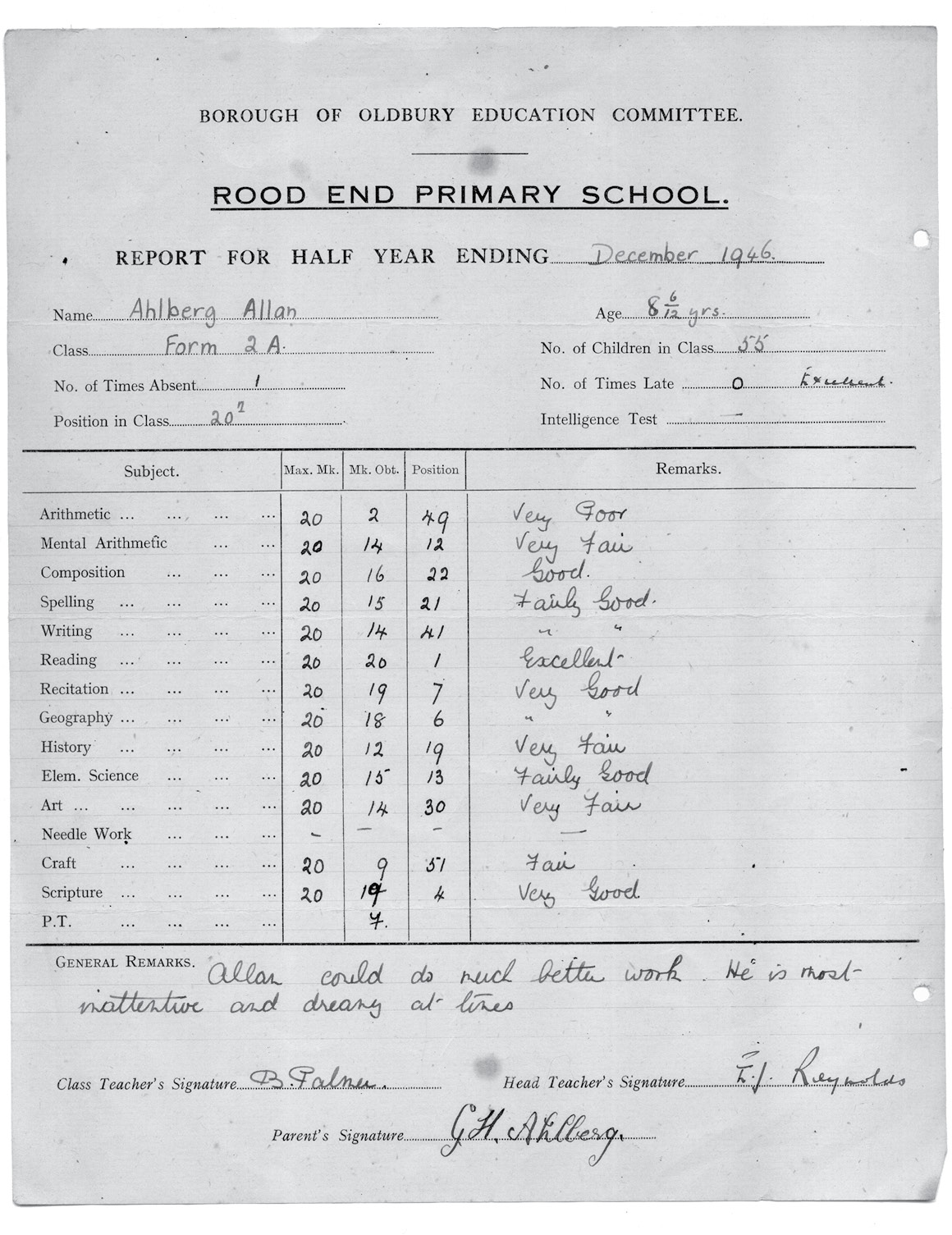
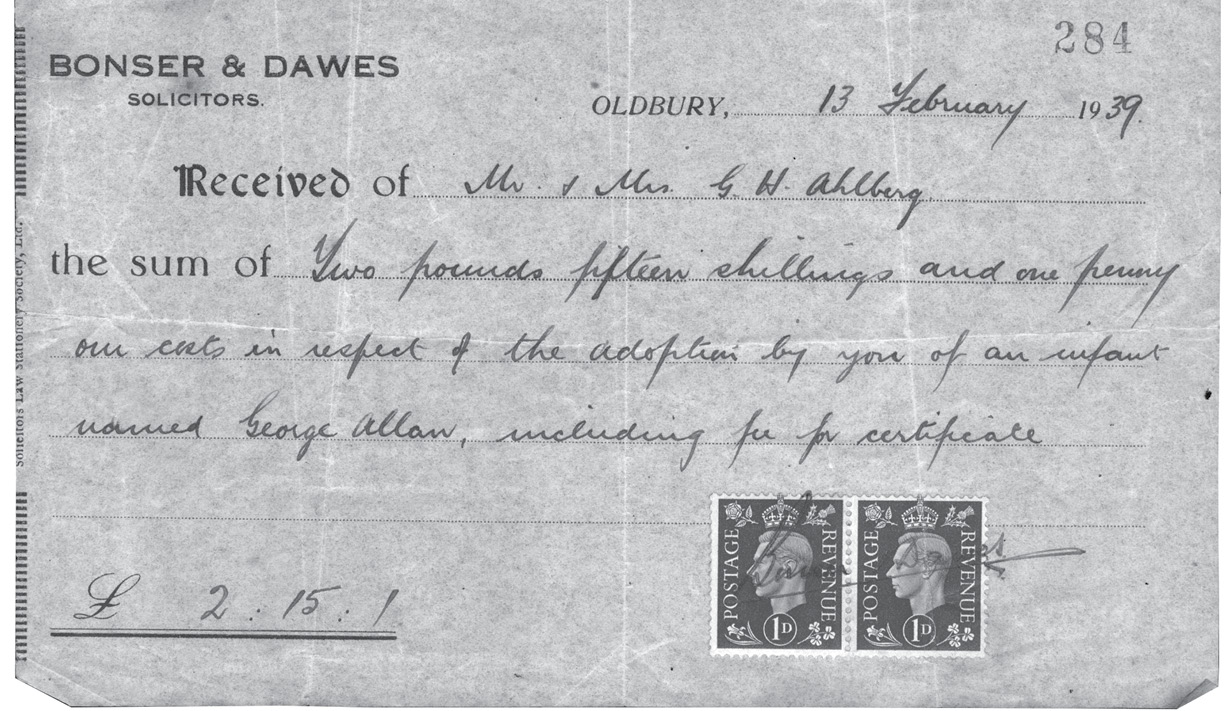
If any part of the following mixture of truth and fiction strikes the reader as unconvincing, he has my permission to disregard it.
So Long, See You Tomorrow,
William Maxwell
Acknowledgements
JANET AHLBERG
Illustrations: from The Bear Nobody Wanted (1992)
from Peepo! (1981)
from The Clothes Horse and Other Stories (1987)
FRITZ WEGNER
Illustrations: from Heard it in the Playground (1989)
from Friendly Matches (2001)
CHARLOTTE VOAKE
Illustrations: from The Mighty Slide (1988)
JESSICA AHLBERG
Original illustrations published here for the first time: ,
, also endpaper
James Hogg extract from A Boys Song,
Sir John Millais Sir Isumbras at the Ford, . The Lady Lever Art Gallery; reproduced courtesy National Museums Liverpool
G. E. Breary The Bear Nobody Wanted (1944),
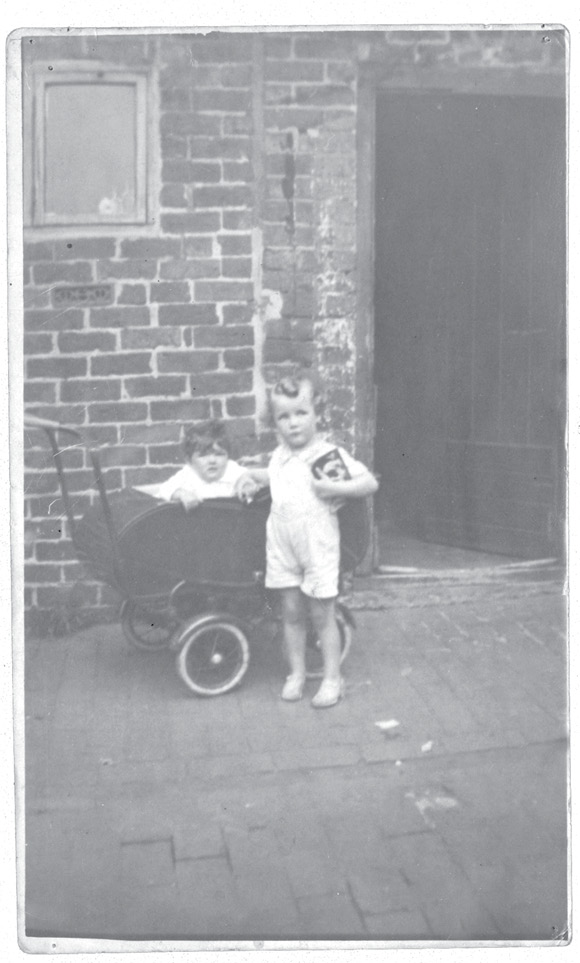
The author (
c. 1942) with book.
Beginnings
I came from Battersea
In 1938
Delivered by a steam train
Forty minutes late.
Not the Dogs Home, though.
My mother went to fetch me
By tram, then train
With Dad, as usual, working
Hopess Window Frames.
Or was it Dankss Boilers?
My mother had a shopping bag
Bootees, bottle, shawl
And knitting for the journey
Not much else at all.
A purse, I suppose, hat, glasses and such.
She struggled across London
Got lost near Waterloo
And came at last to the Orphanage
At twenty-five to two.
Early, even so, for a two oclock appointment.
They sat her in the corridor
Left her there till three
Then gave her a couple of documents
A form to sign and me.
She couldnt see to write. Mglasses needed wipers!
Back then to Paddington
Weather wet and mild
Brand-new mother
Second-hand child.
Good condition, though; one previous owner.
And Mother clutched her secret
On her lap
From all the other passengers
All the way back.
Dad, still in his overalls, was on the platform.
He squeezed us in a cuddle
Gave me a clumsy kiss
He smelled of wood shavings and oil
Mum specially remembered this.
And me? Asleep, apparently. Id had a busy day.
In the early years of my childhood there was a war going on. The odd bomb meant for Coventry sometimes fell on us. My mother made me a den under the kitchen table, a solid table, a nest also of cushions and blankets. Soft toys. Toast. A cup of drink. Its what I most remember, not the bombs or the craters even, into one of which on my tricycle at speed I one time tumbled, but that little secret place with its green tablecloth hanging down, velvet tassels and a fringe. And the sounds of the kitchen: cups, plates, conversation. And the light through the fringe. The green light.
This is a book of short pieces in verse and prose, an attempt to recover or otherwise conjure up a particular time (the 1940s), a particular Black Country town (Oldbury) and a particular childhood (mine). There is, I will confess, some unreliability here. I start with good intentions and a true memory day-old chicks, street lamps, a clip round the ear but soon, often as not, the fictional habit kicks in and I am led astray. One sentence lures me on to another, has the seeds of another in it, or is a template almost. Like knitting, that first row of stitches which sets up the rest. Or a rhyme reveals, or the need to avoid a rhyme reveals, some possibility. And I follow.
In The Richest Woman in the World () which I have just completed there is a man in the Co-op serving my mother. I give him an apron, which I know he had, and place a pencil behind his ear, which I can only say I would like him to have had. He looks better with a pencil, in my opinion, more convincing, businesslike. He can tot up my mothers bill with it. There again, its probably indelible. Yes, I think I detect a slight smudge now along his lower lip where hes been licking it. Like a young child, me, for instance (or you, for that matter), from those days, those remote, mysterious days. Eating liquorice.
The Bucket
I had a little bucket
Of brightly painted tin
Which I carried from the wash house

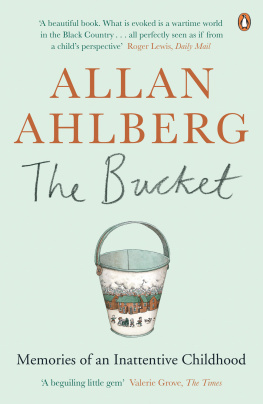
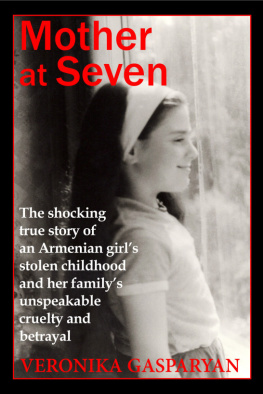


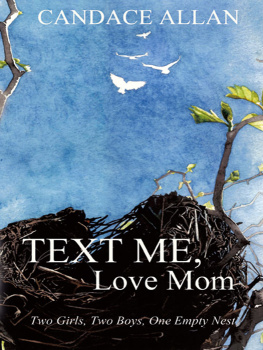
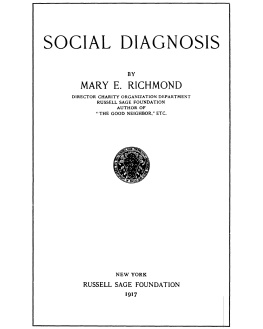
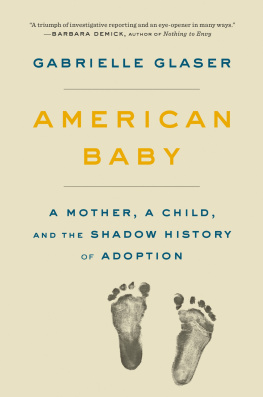

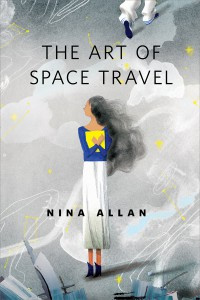
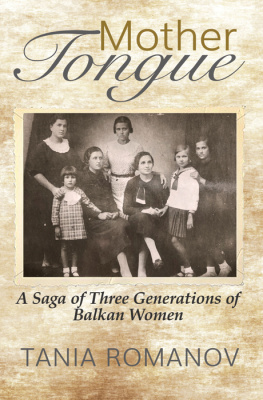
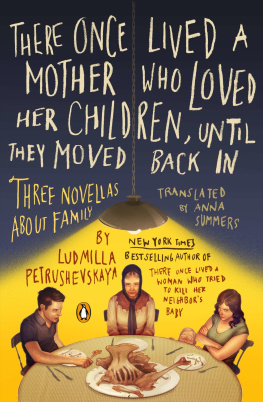
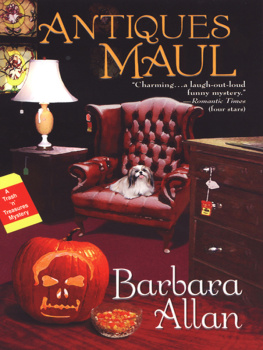
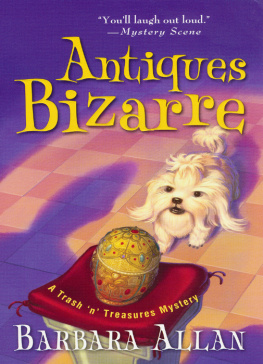





 The author (c. 1942) with book.
The author (c. 1942) with book.